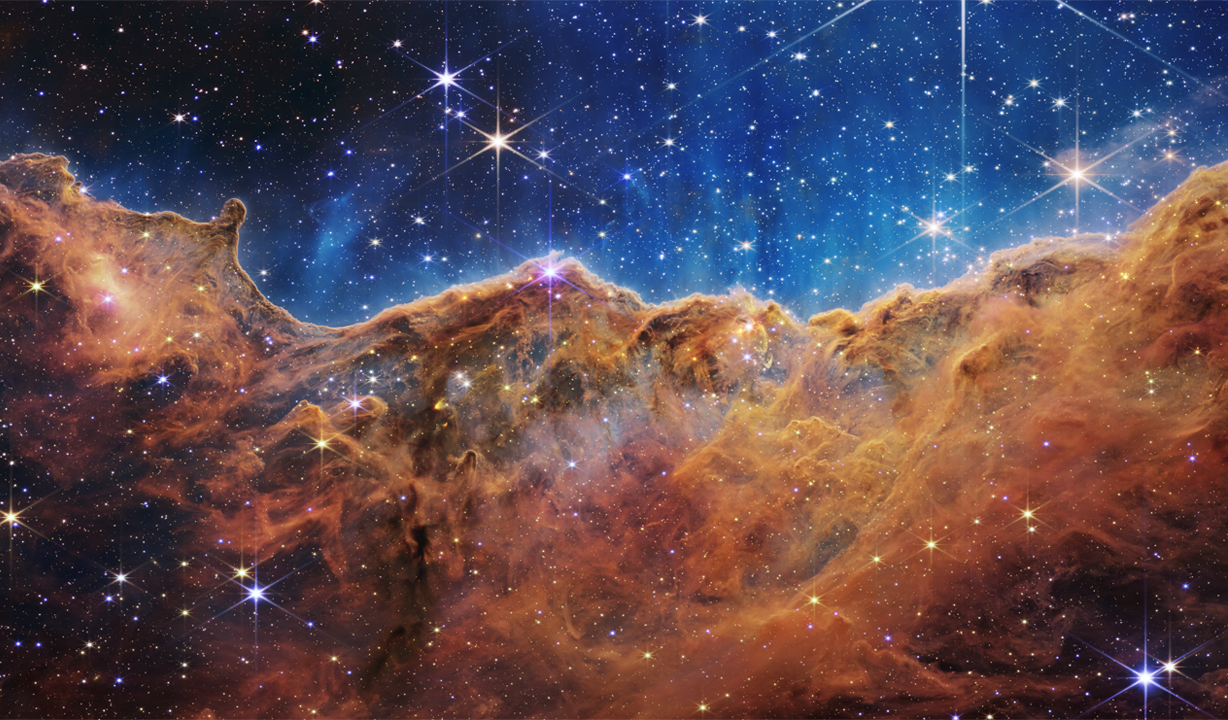The earth is truly unique. Not only do we see design in the fundamental laws of physics, there is also design exhibited for life to exist on our planet. As we learn what is required for life to exist on any planet, we find our earth is special.
In planetary astronomy and astrobiology, the Rare Earth hypothesis argues that the origin of life and the evolution of biological complexity such as sexually reproducing, multicellular organisms on Earth (and, subsequently, human intelligence) required an improbable combination of astrophysical and geological events and circumstances.According to the hypothesis, complex extraterrestrial life is an improbable phenomenon and likely to be rare throughout the universe as a whole. The term “Rare Earth” originates from Rare Earth: Why Complex Life Is Uncommon in the Universe (2000), a book by Peter Ward, a geologist and paleontologist, and Donald E. Brownlee, an astronomer and astrobiologist, both faculty members at the University of Washington.
https://en.wikipedia.org/wiki/Rare_Earth_hypothesis
Some conditions required for any life to exist:
– The right location in the right kind of galaxy
– The right orbital distance from the right type of star
– The right arrangement of planets around the star
– A continuously stable orbit
– A terrestrial planet of the right size
– Plate tectonics
– A large moon
– An atmosphere
– One or more evolutionary triggers for complex life
– The right time in evolutionary history
But, to date, neither an international armada of robotic spacefarers nor alien-seeking scientists have found any evidence of extraterrestrial life. Indeed, while our exploration of the solar system has been nothing short of staggering in terms of the images and scientific data obtained, the worlds we’ve visited beyond Earth all appear to be completely sterile.Even the most dedicated SETI researcher would have to admit that, at least so far, our efforts to find life elsewhere in the universe have been met with an uncomfortable stony silence.
Ward and Brownlee challenged many widely held notions that supported the idea that complex life is out there waiting to be found. For example, while astronomer Carl Sagan often opined that our Sun is an unremarkable star, in reality, about 80 to 95 percent of stars are significantly different from our own in terms of size, mass, luminosity, lifespan, and many other factors.
Furthermore, prior researchers who had attempted to answer the question of why life on Earth was so plentiful yet so rare in the universe had not included plate tectonics in their thinking at all. Indeed, an entire chapter in Rare Earth is devoted to the topic, going to great lengths to explain the role of plate tectonics in shaping Earth into a good place for life. Earth is, to the best of our knowledge, the only body in the solar system with active plate tectonics. And there are many other features of our life-friendly planet that we haven’t seen replicated anywhere else in the universe, too.
With regard to these criticisms, Ward is understanding, encouraging challenges to his ideas. “Good science does a couple of things,” he says,”but the most important thing it does is it stimulates other science; good science makes people angry. It makes some people angry enough that they go out and do something about it.”
https://astronomy.com/news/2022/07/rare … e-universe
There are two ways to test the Rare Earth hypothesis. Both involve the continued search for life beyond our home. Finding either living microbes or their fossils on other worlds would help confirm that single-celled life appears easily and perhaps even frequently on warm worlds with liquid oceans. The second test is the search for advanced alien civilizations. Large telescopes in space would help us part the heavy and mysterious curtain of uncertainty.“Far from any of us being common creatures in the lush of common landscapes, we are each of us an anomaly. What seems everyday to us is a treasure in the cosmic web. Our planet’s oceans glimmer like jewels. Its colors are the colors of riches we won’t find anywhere else. This does mean that we are alone — alone in our extraordinary existence.”
https://debatingchristianity.com/forum/viewtopic.php?p=1094207#p1094207
